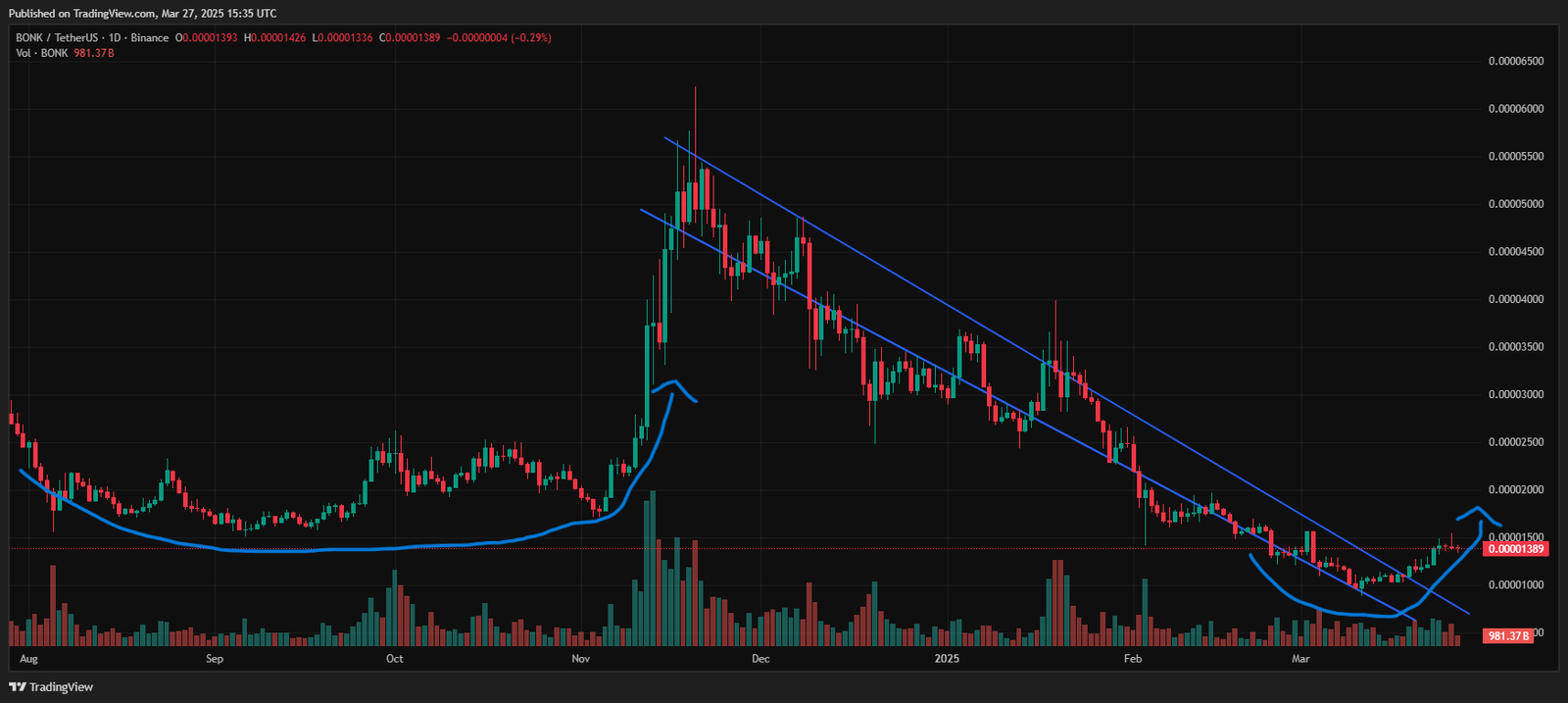In a stunning turn that is sending shockwaves through the digital currency world, the U.S. Justice Department has officially disbanded its cryptocurrency fraud enforcement team—a move attributed to an executive order from former President Trump. This decisive action marks a significant policy shift and leaves industry insiders and investors scrambling to understand the broader implications for crypto regulation and law enforcement.
For years, the specialized unit was at the forefront of combating fraud and misconduct within the cryptocurrency market. Tasked with investigating scams, market manipulation, and illicit activities tied to digital assets, the unit had become a cornerstone in maintaining regulatory oversight in an arena known for its rapid innovation and volatile market dynamics. However, citing an order that dates back to the Trump era, federal authorities have now shuttered the team, raising questions about the future of crypto fraud enforcement.
Unpacking the Shutdown
At a time when the digital asset space is evolving at breakneck speed, the disbandment of the crypto enforcement unit sends a mixed message. Proponents of the move argue that it signifies a strategic reallocation of resources by the Justice Department, possibly to focus on a broader range of economic crimes that have taken center stage in recent years. Critics, however, view the shutdown as a potentially dangerous precedent that could embolden bad actors and undermine public trust in the regulatory framework.
Officials behind the decision have maintained that the closure is part of an ongoing effort to streamline operations and align enforcement priorities with the current administration’s policy goals. While no detailed roadmap has been disclosed, it appears that the department is recalibrating its approach towards financial fraud in the digital era. Some experts suggest that a reorganization could lead to a new form of crypto oversight integrated into broader cybersecurity and economic crime units, though details remain sketchy.
The Impact on the Crypto Ecosystem
The decision to dismantle the dedicated crypto fraud team has immediate and far-reaching consequences for the digital currency landscape. Investors and market analysts are now debating whether the move will lead to an increase in fraudulent schemes or if the risks will be mitigated through other channels.
With cryptocurrency markets inherently susceptible to fluctuations and speculative bubbles, the absence of a specialized unit raises concerns about potential lapses in the timely detection of cyber scams and market manipulations.
Social media platforms and online forums have exploded with discussion, with hashtags like #CryptoShutdown and #TrumpOrder trending amid heated debates. Many crypto advocates are urging regulators to swiftly develop alternative mechanisms to ensure that the sector remains insulated from fraudulent practices.
At the same time, skeptics argue that a more flexible, integrated approach might ultimately yield a more robust regulatory regime capable of adapting to the fast-paced nature of the industry.
Political and Regulatory Ramifications
The shutdown of the crypto fraud unit is not taking place in isolation but rather amid a broader conversation about the role of government in regulating innovative financial technologies. Citing an executive order from the Trump administration, the decision underscores the enduring influence of past policies on current enforcement strategies.
Some insiders are interpreting this move as a signal that future administrations may pivot towards a more laissez-faire approach when it comes to digital asset regulation, potentially favoring market-driven oversight over rigorous federal intervention.
This policy shift is likely to spark intense debates in both political and financial circles. Lawmakers from various sides of the aisle are weighing in on the decision. Some view it as a necessary evolution that reflects the increasingly complex nature of global digital finance, while others are voicing concerns about the potential risks of leaving a regulatory gap in a rapidly growing sector.
The move also adds fuel to ongoing discussions about how best to protect consumers without stifling innovation—a balancing act that has proven to be one of the most challenging aspects of modern regulatory policy.
What Lies Ahead for Crypto Enforcement?
As the digital currency industry braces for the fallout from this high-profile shakeup, the future of cryptocurrency fraud enforcement remains uncertain. Some experts advocate for the creation of an independent oversight body that could operate with a degree of flexibility, tapping into the expertise of both public and private sectors.
Others call for a return to a more structured enforcement approach, with clear mandates and dedicated teams capable of tackling the unique challenges posed by digital assets.
In the meantime, investors, developers, and enthusiasts will be closely monitoring any forthcoming policy announcements or regulatory adjustments that might fill the void left by the shutdown of the crypto fraud unit.
With global markets watching intently, the decision represents yet another chapter in the ongoing evolution of financial oversight in an era marked by rapid technological change and shifting political priorities.




